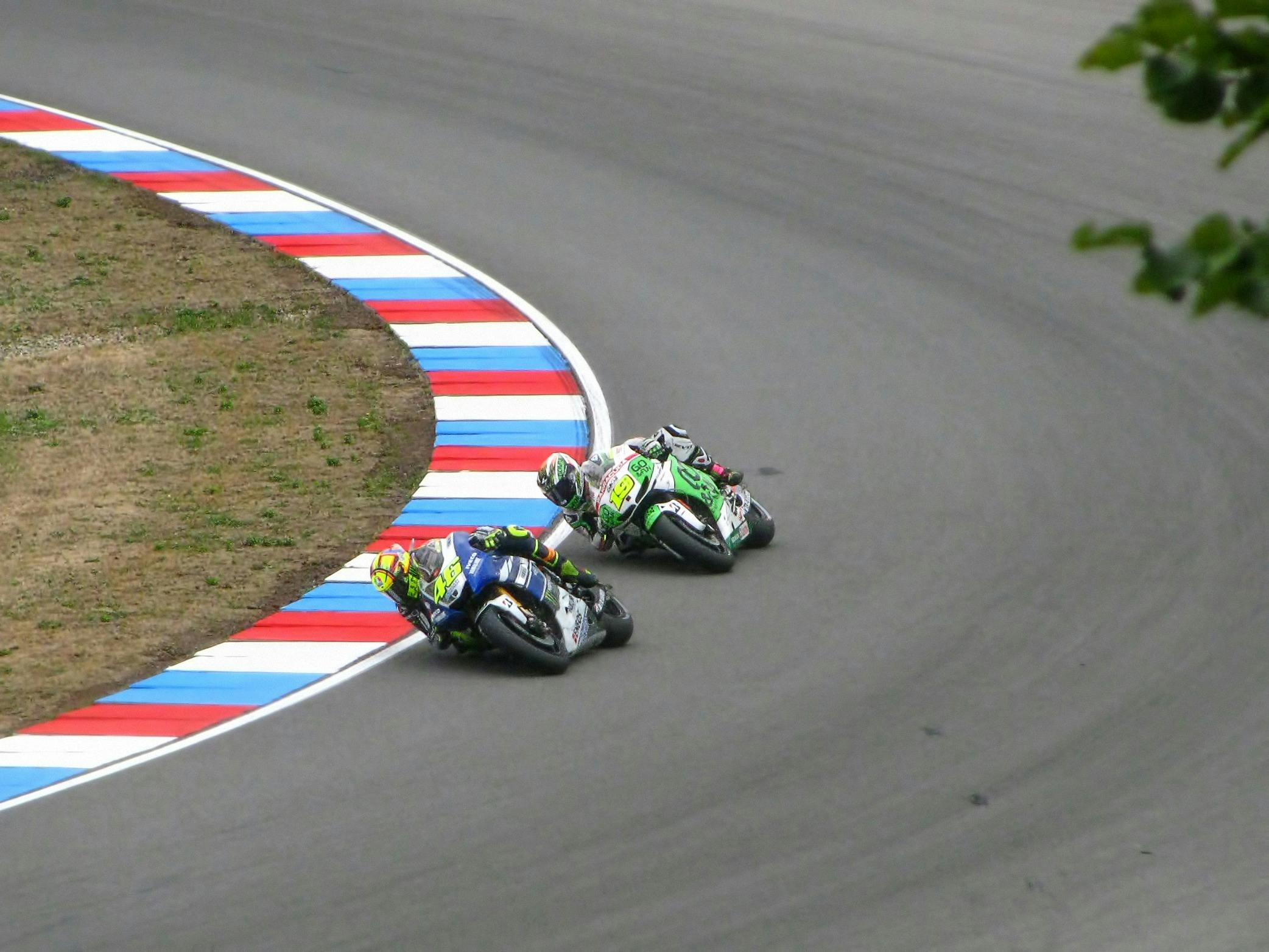Make Every Lap Count: A Comprehensive Guide to Understanding How MotoGP Betting Works

MotoGP is one of the most popular and exciting motorsports in the world. If you are an avid fan, there is a high chance you are already aware of the exciting betting opportunities of this compelling sport. Conversely, if you are entirely new to the concept, it can be difficult to know where to begin. Firstly, an elementary prerequisite of betting is to understand the odds and the markets available, with some knowledge of strategies and the overall racing scene required. To assist your new-found pastime (or enhance an existing one), this article will give an overview of how MotoGP betting operates so you can ensure every lap matters.
Types of bets you can place on MotoGP races
When betting on MotoGP races, there are a multitude of different bets you can place. The most common and straightforward type is the outright winner bet, which simply predicts who will win the race. It is possible to use any licensed U.K. bookmaker, and these can be reviewed on the comparison site https://legalbet.uk/ when placing a bet. Another popular type of bet is the ‘podium finish gamble’, which requires you to predict which riders will finish in the top three positions. Alternatively, you could also opt for a head-to-head chance, where you must choose two riders and predict which one will finish ahead of the other. Finally, a ‘top six’ or ‘top ten’ bet requires you to predict which riders will finish in those respective positions.
Understanding how the odds work in MotoGP betting
MotoGP betting odds determine the likelihood of a specific outcome occurring in a race. Simply, the higher the odds, the less likely the outcome will occur. For example, if a rider has odds of 1/2, there is a 50% chance that they will win the race. Comparatively, if another rider has odds of 5/1, there is only a 16.67% chance that they will win the race. Odds can also be expressed as fractions or decimals; for example, 1/2 would be expressed as 0.5 in decimal form and 5/1 as 6 in decimal form. When placing bets on MotoGP races, it is crucial to understand how these odds work so you can make informed betting decisions.
How the payout structure works for successful bets
Winning wagers on MotoGP races have varying payoff structures based on the type of wager placed. For example, if you were to place a single stake on a rider in a race, that is considered a single bet. If your pick comes in first, your winnings will equal your bet multiplied by the odds offered when you placed the wager. When combining two or more choices into one chance, it is called a multiple bet, and the payout is more than it would be for a single bet if all of the selections win. The payout is calculated by multiplying the number of correct predictions by the chances for each. If you bet on a double (two picks) with odds of 2/1 and 4/1, your return will be six times your initial investment.
Is it possible to place live bets while watching a race in progress?
It is possible to wager on a race as it unfolds in real time – live betting enables you to place bets on the result of a race as it is occurring and can be conducted online or on a physical sportsbook. However, it is essential when betting in real-time to monitor the odds and observe how they develop. Ultimately, your wager amount should reflect the current position of your rider in the race. Overall, live betting is a compelling opportunity to enhance the thrill and excitement of watching a race.
Weighing the benefits and drawbacks of a MotoGP wager
Betting on MotoGP can be exhilarating and profitable if you are knowledgeable and measured in your approach. However, one caveat is that there are some hazards you should be aware of. Betting on a race requires careful consideration of the odds associated with each rider or team in advance. Furthermore, the conditions of the track, the predicted weather and other variables can influence the race result and should be closely monitored. In addition, it is recommended to establish limitations whilst betting on MotoGP to ensure you only spend what you can afford. Lastly, make a note of your profits and losses so that you can alter your approach accordingly to increase your chances of success.






